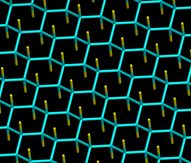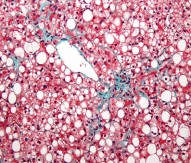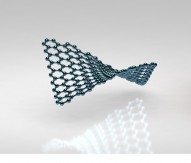
EU funds tool to help brains deal with Big Data
EU researchers are developing an interactive system that not only presents data the way you like it but also changes the presentation constantly in order to prevent brain overload.
Researchers within the Collective Experience of Empathic Data Systems (CEEDs) are transposing Big Data into an interactive environment to allow the human mind to generate new ideas more efficiently. They have built what they are calling an eXperience Induction Machine (XIM) that uses virtual reality to enable a user to ‘step inside’ large datasets. This immersive multi-modal environment, located at Pompeu Fabra University, Barcelona, also contains a panoply of sensors, which allows the system to present the information in the right way to the user, constantly tailored according to their reactions as they examine the data. These reactions – such as gestures, eye movements or heart rate – are monitored by the system and used to adapt the way in which the data is presented.
Jonathan Freeman, co-ordinator of CEEDs, commented: “The system acknowledges when participants are getting fatigued or overloaded with information and it adapts accordingly. It either simplifies the visualisations to reduce the cognitive load, thus keeping the user less stressed and more able to focus, or it will guide the person to areas of the data representation that are not as heavy in information.”
Adding her thoughts, Vice-President of the European Commission responsible for the Digital Agenda, Neelie Kroes, said: “Big Data doesn’t have to be scary. Projects like this enable us to take control of data and deal with it so we can get down to solving problems. Leaders need to embrace Big Data.”
It’s hoped the project could enable students to study more efficiently or journalists to cross-check sources more quickly. Several museums in Germany, the Netherlands, the UK and the United States have already showed interest in the new technology. €6.5m of EU funding is invested in this innovative initiative under the Future and Emerging Technologies scheme.






